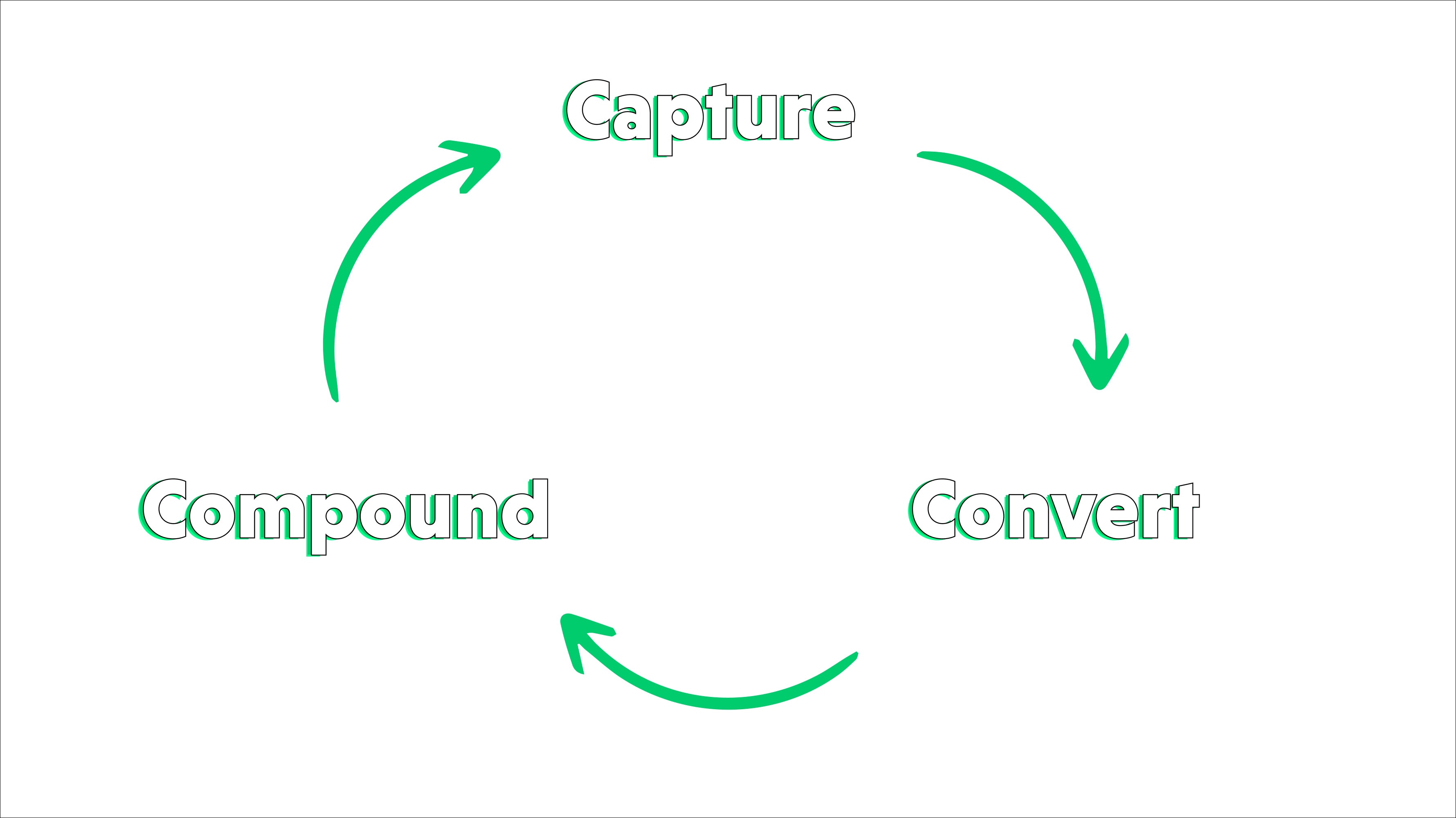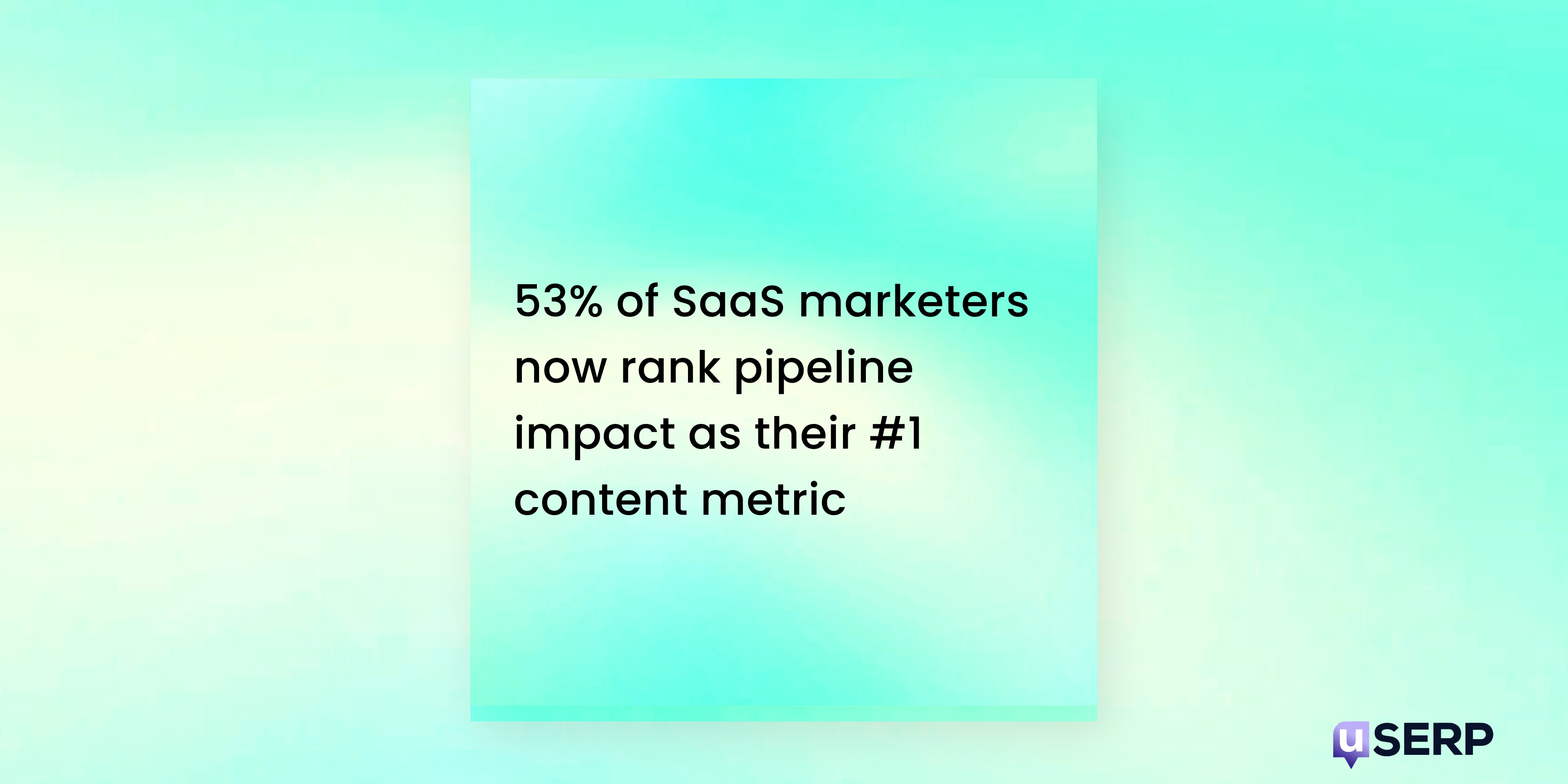
TL;DR
- 71% of buyers read 3+ pieces of content before sales, yet most SaaS content never drives pipeline.
- The issue isn’t volume, it’s misalignment between marketing content and sales conversations.
- Common breakpoints: weak case studies, traffic-focused blogs, poor handoff to sales.
- The fix: map content to the real buyer journey, measure on pipeline impact (not vanity), and close the loop with sales.
- Content should capture → convert → compound, not just “attract.”
The Problem: SaaS Content Isn’t Driving Pipeline
Every SaaS founder eventually faces this:
“We’re publishing blogs. We’ve got case studies. We even tried white papers. But sales keeps saying they’re not getting leads.”
Here’s the kicker:
71% of B2B buyers in 2025 say they consume three or more pieces of content before they ever speak to sales. (Demand Gen Report, 2025).
So the question isn’t whether content matters. It’s why your content isn’t getting credit for moving deals forward.
Spoiler: it’s not because you need more content.
Why Now
Budgets are tighter in 2025. In both the US and Middle East, buyers are under pressure to justify every software dollar.
That means content isn’t just a nice-to-have—it’s part of the decision proof buyers use to evaluate whether you’re worth their time.
Yet, in most SaaS companies, content is written to:
- Rank for keywords (SEO checkbox)
- Get clicks (traffic vanity)
- Show thought leadership (a LinkedIn applause metric)
The result? Content optimized for marketing dashboards, not sales conversations.
What Breaks
Here’s where SaaS content usually fails:
- Blogs that educate but never connect to the product
You rank for “HR tech trends 2025” but never show why your platform matters. Great for traffic, useless for pipeline.
- Case studies that read like PR, not stories buyers trust
Buyers don’t care about “solution excellence.” They care about how a peer cut churn 30%.
- White papers gated behind clunky forms nobody fills out
Or worse, downloaded but never followed up by sales because the lead scoring system is broken.
- The sales handoff black hole
Marketing celebrates MQLs. Sales ignores them. Nobody checks if the “lead” even read the content.
A Framework That Actually Works
Think about your content as a 3-Layer Growth Engine:
- Capture
Attract the right audience (awareness).
- Convert
Turn readers into qualified pipeline (handoff to sales).
- Compound
Build trust so your content continues to influence deals over months.
Most SaaS teams stop at capture. They never wire up the convert or compound layers.

5 Steps to Fix Your SaaS Content → Pipeline Gap
1. Diagnose Where the Pipeline Breaks
- Audit your funnel: how many “content leads” ever turn into sales calls?
- Ask sales: which content do they actually use in conversations?
- Look for the drop-off point: nurture, scoring, or sales follow-up.
2. Rebuild Case Studies Around Business Outcomes
- Lead with the problem and results, not your product.
- Use numbers buyers care about (e.g., “Cut payroll errors by 40% in 60 days”).
- Keep it story-driven: protagonist, conflict, resolution.
3. Align Blogs With Product Conversations
- Every blog should connect to at least one use case your sales team pitches.
- Example: instead of “Top HR Tech Trends,” write “Why HR Leaders in Dubai Are Cutting Vendor Sprawl.”
- Add CTAs that feel natural (“See how [product] helps HR teams consolidate tools”).
4. Measure on Pipeline, Not Vanity
- Track “content-sourced opportunities,” not just downloads.
- Compare deal velocity: do content-engaged leads close faster?
- Use multi-touch attribution (imperfect, but better than nothing).
In fact, 53% of SaaS marketers in 2025 said pipeline impact is now their #1 content metric, overtaking traffic (Content Marketing Institute, 2025)
5. Close the Loop With Sales
- Run monthly content-sales syncs: which assets worked in calls?
- Arm sales with content playbooks (when to send which piece).
- Treat content as sales enablement, not just top-of-funnel fluff.

Common Failure Modes
- The “thought leadership” trap
You publish what you want to say, not what buyers need to decide.
- The SEO hamster wheel
Endless traffic, zero conversions.
- The gated PDF graveyard
Great content, buried behind friction.
- The sales disconnect
Marketing moves on after MQL, sales ignores the context.
Metrics That Matter
- % of opportunities influenced by content (pipeline impact)
- Conversion rate of content downloads → SQLs
- Deal velocity of content-engaged leads vs non-engaged
- Content usage in sales conversations (tracked via CRM or enablement tools)
Your Next Experiment
If you’re stuck, run this 30-day test:
- Take your top-performing blog.
- Rewrite it to connect directly to your product’s buyer pain points.
- Add a single CTA aligned with a sales conversation.
- Track not just traffic, but how many leads it influenced in the CRM.
You’ll quickly see if the problem is traffic, content, or sales follow-up.
If your content is generating traffic but not pipeline, that’s a strategy gap, not a volume problem. At Dad’s Growth Lab, we help SaaS teams rebuild their growth engine so content feeds sales, not just dashboards.
Schedule a free consultation today!
What's happening
Our latest news and trending topics


